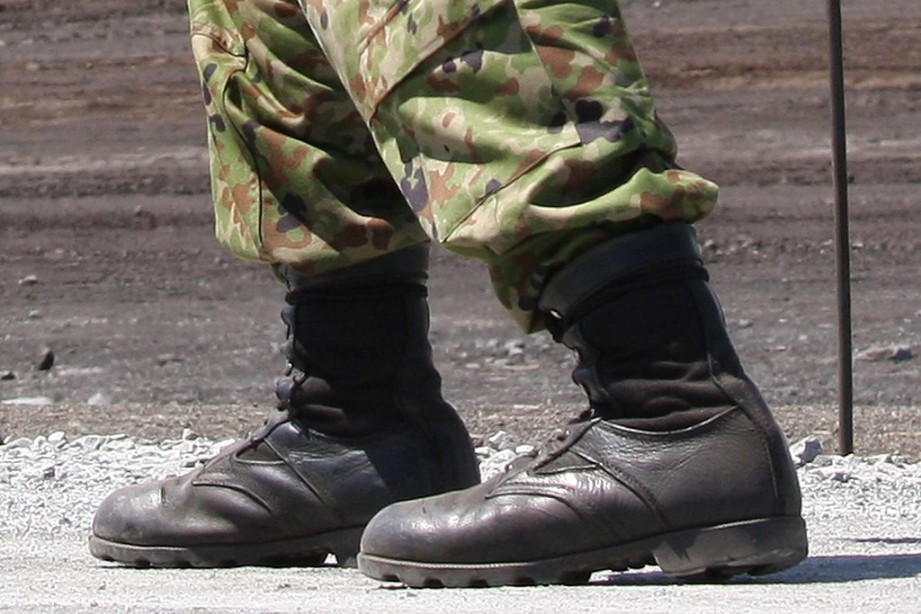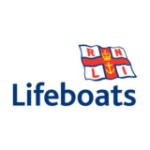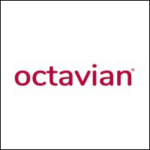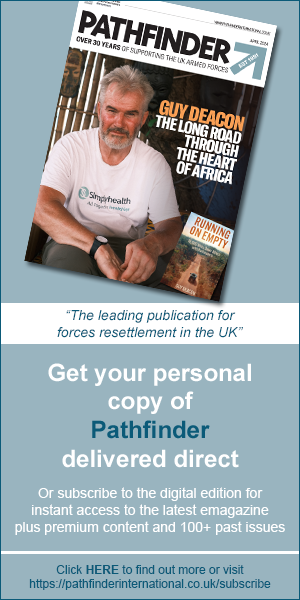Royal British Legion Industries (RBLI), the national armed forces charity, has today called on the Department for Work and Pensions to fund an expansion of LifeWorks, its award-winning employment support programme that has helped nearly 600 long-term unemployed military veterans into work over the last five years…
The evaluation report of LifeWorks by the Learning and Work Institute has found that the course has delivered exceptional results with 83% finding some form of employment, education or training, despite 79% having a health condition or disability. What’s more, 77% of those who found work were in full-time employment. These results are particularly impressive when put into context of the Government’s current Work Programme, which sees only 33% of its delegates find employment.
Now, RBLI is looking to grow LifeWorks beyond ex-services personnel to help the government meet its aim of halving the disability employment gap. Just 47% of disabled people are in employment – as opposed to 80% of non-disabled people. Halving this gap would bring 1.2 million disabled people into the workplace, yet there has been little reduction since 2010. Achieving this requires a serious commitment to equipping disabled people for work, however RBLI believes that the Government’s current investment in employment schemes does not meet its ambition.
RBLI is now calling for £750,000 of investment from DWP to fund a pilot of the LifeWorks scheme for people in the wider community who are unemployed, particularly those with disabilities and health conditions. If successful, the charity aims to work with DWP to scale up the programme in order to help reduce unemployment and halve the disability employment gap across the UK.
Steve Sherry CMG OBE, Chief Executive, RBLI said: “Since 1919 our mission has been to support Britain’s bravest, empowering them to return to society and find fulfilling work. There are still many Veterans out there who need our support and who we are passionate about supporting, however, I see no reason why our work should be limited to those who have served in the military. We are incredibly proud of LifeWorks, and even prouder of the achievements of those who have completed the course, our ambition now is to extend this service to another group of brave Britons: those living with disabilities and health conditions.
“It is unacceptable that in today’s society, disabled people who want to work struggle to find the right opportunities. Today RBLI is asking for £750,000 from DWP to launch a wider pilot of LifeWorks, with the aim of rolling it out to support disabled people across the UK. To date the Government’s investment in work programmes has not matched the ambitious targets it has set itself. We want to help change that.”
Stephen Evans, Chief Executive, The Learning and Work Institute said: “LifeWorks has made a real difference to the lives of ex-services personnel who have struggled to return to the workplace. Our evaluation shows that the programme is particularly effective at supporting veterans with health conditions. The Government has a welcome commitment to halving the disability employment rate gap. RBLI and LifeWorks can play an important role in delivering that, and applying the lessons more widely to people with health problems and disabilities.”
LifeWorks is designed by a team of psychologists, assessors, coaches and employability experts, and takes five days to complete, with delegates benefitting from a further 12 or more months of remote support and coaching.
The Learning and Work Institute evaluation report found that delegates were consistently positive about their experience with the programme, with all delegates interviewed saying they would recommend LifeWorks. All those interviewed viewed the follow-up calls and emails as an integral part of LifeWorks’ success.
Case Studies
Greg’s Story
Greg was diagnosed with PTSD in 2012. After leaving the service Greg had worked in joinery but he was forced to stop after a knee injury. He attended Lifeworks in August 2015 in Doncaster and within 3 months, with advice from the LifeWorks team, had started his own company designing and building kitchens and bathrooms. He also volunteers as a prison visitor.
“Leaving the army was hard for me and the years that followed were full of challenges which were made worse by my injury. However, LifeWorks gave me the support to take the plunge and start my own company. It means a lot to me that I can now help others as a prison visitor and offer some of the support that I received from LifeWorks.”
Sean’s story
Sean served in the Royal Air Force and left as a Sergeant. During his military career he saw active service in the Gulf, Bosnia, Iraq and Afghanistan. When Sean left the RAF he had a job waiting for him in the oil industry, so he didn’t feel the need to take his resettlement entitlement. However, after two years he was made redundant and with bills piling up, Sean and his family hit rock bottom and were about to be made homeless. With our support he has now found full-time employment and he is back on the right track and more independent.
Sean said: “It couldn’t have come at a better time. 2015 was a bad year for me and my partner but ended on a positive. Life is fantastic now. We can’t speak highly enough of LifeWorks.”
Andy’s Story
Andy attended the Lifeworks course at Aylesford. He Served four years regular and four years reserve service in The Army Catering Corps before joining the NHS and working as a Theatre Porter. Following a back injury, he was medically retired and then encountered mental health and alcohol addiction problems – worsened by his brothers suicide, which then triggered post-traumatic stress disorder.
Attending Lifeworks has been a significant stepping stone in regaining his self-esteem. Now trying to “give something back” he is employed part-time as a Community Development Officer with the Salford Armed Forces Network. He was a co-founder of Salford Veterans Breakfast Club and more recently another venture with “The Cookhouse”, a Saturday morning veterans’ breakfast facility in Swinton.

















